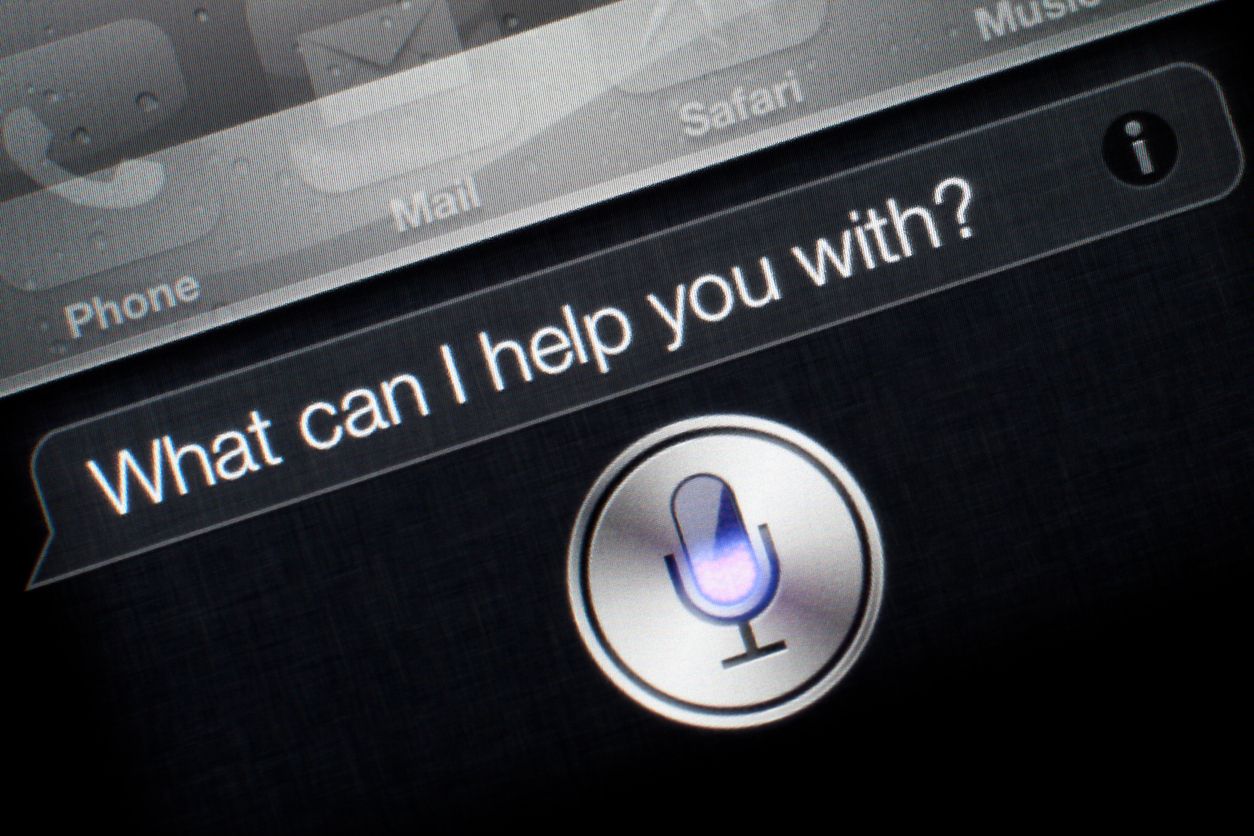More and more of us are finding love… virtually. People are replacing real human connections with virtual assistants and artificial intelligence.
“Well, her name’s Samantha and she’s an Operating System. She’s really complex and interesting… She’s not just a computer, she’s her own person,” says Theodore Twombly in the 2013 Spike Jonze film, Her. The story follows Twombly, a man who developed a romantic relationship with Samantha, his computer operating system personified through a female voice.
 Sounds insane, right? Yet, Jonze’s story isn’t that wild anymore. As our dependence on technology grows, electronic products are starting to fill a void when human interaction lacks. In fact, a 31-year-old Chinese engineer built a robot and married it just last month. Zheng Jiajia was reportedly fed up after failing to find a human wife to marry and, instead of spending more time dating, sought to build his own.
Sounds insane, right? Yet, Jonze’s story isn’t that wild anymore. As our dependence on technology grows, electronic products are starting to fill a void when human interaction lacks. In fact, a 31-year-old Chinese engineer built a robot and married it just last month. Zheng Jiajia was reportedly fed up after failing to find a human wife to marry and, instead of spending more time dating, sought to build his own.
While Zheng’s marriage sounds bizarre, it’s not uncommon. Robot-human relationships are becoming a reality for the lonely who seek to replace real human intimacy with virtual connections to characters. A report from the Journal of Consumer Research recently published findings from three university professors: In four experiments, they found that people who felt excluded in their real-life social world would seek other ways to compensate, like exaggerating their number of virtual Facebook friends, unless they were provided an opportunity to interact with human-like artificial intelligence.
Everyone seeks out a human connection— but where can lonely people find it? Typical recovery from feelings of loneliness is interaction—visiting family or seeing friends. But these researchers found that some people sought to replace real friends when they couldn’t find those friendships on their own. They found virtual friends that talk back: Siri, Alexa, Cortana, and other AI assistants. Plus, the popularity of voice assistants, and using them for internet search, is growing: According to Google, 20 percent of mobile searches on Android devices are by voice, and Amazon has sold over 11 million echoes, their interactive smart speaker.
Unfortunately, the long-term consequences of substituting human friends for artificial ones are unclear. But Jenny Olson, one of the study’s researchers from the University of Kansas, says in an interview, “Maybe it is more about bolstering our current relationships, such as taking a break from screen time and focusing on developing your authentic personal connections.”



